#153 David Watmough (1926-2017)
August 14th, 2017

“I hope my work is myopically ‘westcoast’ and persistently graceful in language.” — David Watmough
“That rarest of birds on the literary scene, the natural storyteller.” — Robert Fulford
QUICK REFERENCE ENTRY:
Homosexuals in British Columbia can now express themselves openly in print; and for that they owe a debt to David Watmough. The Cornishman was a mainstay of the West Coast fiction scene ever since he accepted Canadian citizenship in 1963. As the first male homosexual writer out of the closet in British Columbia, Watmough was for a long time the senior gay male fiction writer in Canada, active for six decades, with 20 books. Long concerned with the cultural climate of B.C. as a whole, Watmough was also the first president of the Federation of B.C. Writers.
According to his close friend Simon Murphy, David Watmough died at about 11:00 a.m. on Friday, August 4. August 17 would have been his 91st birthday. “He’d been a resident of Crofton Manor in Kerrisdale since about 2009. He moved there shortly after [his lifetime partner] Floyd’s death. They moved out to Boundary Bay after selling the Kitsilano house. The move left them rather isolated from their friends, which became a problem for David after Floyd’s death. Initially, David lived in the independent side of Crofton and enjoyed the social life there. He gave readings to his fellow “inmates” and to some of the Kerrisdale schools. David was creatively productive throughout his time at Crofton, taking on the sonnet form. He published several volumes of these. This time last year, David had a fall that was the result of increasing physical weakness. He moved into the more intensive care side of Crofton, which left him with less stimulation. His physical deterioration and weakness had been getting worse over the last few months. His mind was still quite sharp up to the end.”
With a bravura prose style, Watmough’s short stories and novels chiefly explored the life of his fictional protagonist Davey Bryant. He once noted his ambition was to create “a fictional autobiography of Davey Bryant, a 20th-century man who happens to be an author, an immigrant and a homosexual.” All volumes of Watmough’s Davey Bryant series of fiction were written in Kitsilano, where Watmough lived for more than forty years with opera critic and university professor Floyd St. Clair. Playwright and screenwriter Michael Mercer once observed, “For David and Floyd, a closet was a place to hang their guests’ coats. They were never secretive, and never ghettoized, either.”
Born of Cornish ancestry near Epping Forest on the eastern edge of London in 1926, David Watmough grew up mainly in Cornwall. His first published book, A Church Renascent (1951), concerns the worker-priest movement and arose from his studies in theology at King’s College. He first visited Vancouver in 1959 and returned in 1961 to produce a series of reports on the Vancouver Festival for CBC. His partner Floyd St. Clair subsequently sent his CV to the head of the UBC French department and secured a job teaching French at the university.
In 2004, Watmough and St. Clair purchased a new residence in the Boundary Bay area of Tsawwassen (a home they named Kernow; Celtic for Cornwall). After St. Clair died in 2009, Watmough returned to live in Vancouver. Poet and critic Trevor Carolan wrote in 2007, “David Watmough rewrote the rules on what fiction could discuss in this country. He’s still at it, writing as a wise, compassionate elder with Vancouver in his bones and the Cornish muse in his DNA–changing the way we think about the human condition in this city he’s called home for nearly fifty years.”
FULL ENTRY:
David Watmough, the senior gay male fiction writer in Canada, was a mainstay of the West Coast fiction scene since the Cornishman accepted Canadian citizenship in 1963. His outlook is significant because he wrote fiction in British Columbia continuously for six decades and he was the first homosexual writer widely acknowledged as gay in British Columbia. As Vancouver poet and critic Trevor Carolan wrote in 2007, “David Watmough rewrote the rules on what fiction could discuss in this country. He’s still at it, writing as a wise, compassionate elder with Vancouver in his bones and the Cornish muse in his DNA–changing the way we think about the human condition in this city he’s called home for nearly fifty years.”
Born of Cornish ancestry near Epping Forest on the eastern edge of London in 1926, he mainly grew up in Cornwall and attended Cooper’s School and King’s College in London. It’s a little-known fact that his first published book, A Church Renascent, concerns the worker-priest movement and arose from his studies in theology at King’s College. He worked as a reporter for the Cornish Guardian, a ‘Talks Producer’ for BBC’s Third Programme and an editor for Ace Books. Watmough first came to North America in 1952, working as an editor for Holy Cross Press in New York and a contributor to the San Francisco Examiner. He first visited Vancouver from San Francisco in 1959.
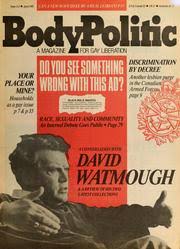 Watmough came to live in Vancouver after the CBC invited him to produce a series of reports on the Vancouver Festival in 1961, whereupon his lover Floyd St. Clair sent his C.V. to the head of the UBC French department and secured a job at the university as of December, 1962. As playwright and screenwriter Michael Mercer has observed, “For David and Floyd, a closet was a place to hang their guests’ coats. They were never secretive, and never ghettoized, either.” During the 1960s Watmough gained prominence in Vancouver as a freelance literary broadcaster for the CBC and as a performer of his ‘monodramas.’ Watmough once claimed he had presented more than 3,000 readings from his works in Canada, United States, Britain and West Germany.
Watmough came to live in Vancouver after the CBC invited him to produce a series of reports on the Vancouver Festival in 1961, whereupon his lover Floyd St. Clair sent his C.V. to the head of the UBC French department and secured a job at the university as of December, 1962. As playwright and screenwriter Michael Mercer has observed, “For David and Floyd, a closet was a place to hang their guests’ coats. They were never secretive, and never ghettoized, either.” During the 1960s Watmough gained prominence in Vancouver as a freelance literary broadcaster for the CBC and as a performer of his ‘monodramas.’ Watmough once claimed he had presented more than 3,000 readings from his works in Canada, United States, Britain and West Germany.
Long concerned with the cultural climate of British Columbia as a whole, David Watmough was the first president of the Federation of B.C. Writers. He summarized, “My subject matter includes the demographic evolution of my city perceived through a gay sensibility and the eyes and ears of a Celtic immigrant with a passion for natural history and a sense of humour laced with irony.” His short stories and novels have chiefly explored the life of his fictional protagonist Davey Bryant, ranging from experiences during World War II to aging in British Columbia. He has noted his ambition has been to create “a fictional autobiography of Davey Bryant, a 20th century man who happens to be an author, an immigrant and a homosexual.”
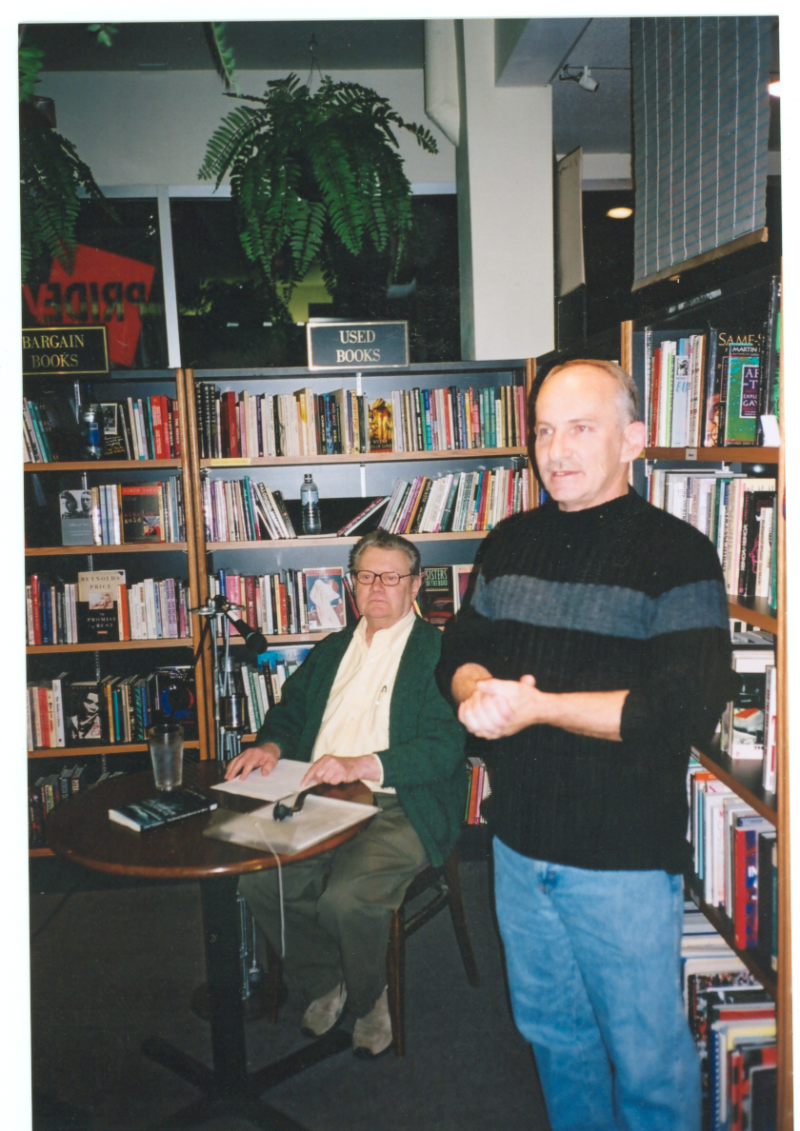
David Watmough launches a book at Little Sisters bookstore, introduced by Jim Deva. Alan Twigg photo.
All volumes of Watmough’s Davey Bryant series of fiction were written in Kitsilano, where he lived for more than forty years with ex-Californian Floyd St. Clair, the much-admired and loved UBC French professor and opera critic, whom Watmough met in 1951 at a Wednesday night social at St. George’s Anglican Church in Paris. Watmough was 25 years old and St. Clair was 21, studying in Paris on a French government scholarship. In 2004, Watmough and St. Clair purchased a new residence in the Boundary Bay area of Tsawwassen (a home they named Kernow; Celtic for Cornwall).
Watmough launched the first volume in a projected trilogy about life in Vancouver at the dawn of the 21st century, Vancouver Voices (Ripple Effect Press, $15.99), a 168-page novel about a gay priest falsely accused of child abuse. According to Jane Rule, “David Watmough fictionalizes his own life, trying on different sorts of parents, different sorts of siblings as well as different sorts of experiences. A blatant liar, he tells the real truth: the imagination has many lives. We laugh at, we judge, we forgive him and, therefore, ourselves.” According to reviewer Daniel Gawthrop, Watmough exhibits a “legendary fetish for adjectives” that can seem hyperbolic at times.
At 81, David Watmough released his his 13th work of fiction, Geraldine (Ekstasis $22.95), a tribute to women of the twentieth century who were feminists before the word existed. As a Victoria-raised bio-chemist in the field of medical science, the protagonist, now a grandmother, must cope with the humiliation of being regarded as snobbish and crazy in her declining years, despite her extensive professional success in a man’s world. Alone in a hi-rise apartment in Vancouver’s West End, she reflects on her life and times, while developing an unforeseeable friendship with her young, gay grandson. Watmough credited Elisabeth Hopkins [see ABCBookWorld entry] as an influence for his feisty, older female characters.
Despite its title, Watmough does not reveal a great deal of himself in Myself Through Others, Memoirs (Dundurn $24.99). Not an autobiography, this is a tell-some, rather than a tell-all. Although Watmough does briefly describe W.H. Auden’s penis and refers to the “hammock-ubiquity” of sexually aroused sailors in the aftermath of World War II, the recollections in Myself Through Others mostly err on the side of discretion. He even spares Stephen Spender, “the most mendacious predator it has been my misfortune to meet,” by ultimately thanking Spender for enabling him to meet Raymond Chandler.
We learn he and his partner Floyd St. Clair once met a paranoid Tennessee Williams during a dinner party at Max Wyman’s house and he recalls having a park bench conversation with Eleanor Roosevelt. Irked by sometimes being mistaken for Dylan Thomas, Watmough chooses to accord Thomas only one paragraph, rather than a chapter, but he does describe watching Pierre Trudeau cut up his children’s food in an Ottawa restaurant while Margaret chatted with her parents. Although his list of his contacts included T.S. Eliot, Carol Shields, Margaret Laurence, Wallace Stegner, actress Jean Arthur and politician Clement Atlee, Myself Through Others amounts to a slim book with a wide range.
Following the death of Floyd St. Clair in January of 2009, David Watmough reaffirmed his adherence to a notably English style of writing–once criticized by George Fetherling as “faux Victorian”–by releasing a volume of sonnets with “inborn Cornish Rhythms.” As stated in his publisher’s promotional materials, “Drawn from nature, literature, human foibles and gay culture, Watmough’s sonnets, while loosely related to those of Milton, are humourous, ironic and authentic.”
This work was followed by more sonnets in Eyes and Ears of Boundary Bay, announced in 2009 but published in 2010. A press release stated, “The poems in Eyes and Ears of Boundary Bay are both lyrical and reflective, forming a discreet narrative stretching from immediate experience to distant memory. David Watmough cultivates a small garden of human experience, within the discipline of fourteen lines. Passionate and ironic, these poems are a testament of a life fully lived and realized through art.”
Some of Watmough’s most honest and poignant poetry was written after he moved to Crofton Manor in Kerrisdale, shifting into a ‘sonnet a day keeps the doctor away’ pattern of sending his keen observations to friends. These missives were often non-sentimentalized but spirited reflections on ageing: “Life perceived devoid of memory is aught but ruse.” Watmough collected them for an e-book in 2013.
Asked in 2014 as to why he had gravitated to the sonnet form, he said. “Since accepting the geriatric guise, I chose the Miltonian sonnet because it allows me to retain the fictional urge towards story while clinging to artistic completion. Age restricts quantity, poetry demands quality!”
CITY/TOWN: Vancouver
DATE OF BIRTH: 1926
PLACE OF BIRTH: London. U.K.
ARRIVAL IN CANADA: 1959
ANCESTRAL BACKGROUND: Cornish yeoman farmers
AWARDS: Canada Council, B.C. Arts
Songs from the Hive (Iguana Books 2013) ebook
Eyes and Ears of Boundary Bay (Ekstasis 2010) $16.95 978-1-897430-45-3
Myself Through Others (Dundurn 2008) 978-1-55002-799-0
Geraldine (Ekstasis Editions 2007) 978-1-894800-99-0
Vancouver Voices (Vancouver: Ripple Effect Press 2005) $15.99 1-894735-09-9
The Moor is Dark Beneath the Moon (Beach Holme 2002)
Hunting With Diana (Pulp Press 1996;
The Time of the Kingfishers (Pulp Press 1994)
Thy Mother’s Glass (HarperCollins 1992)
The Year of Fears (Mosaic 1988)
Vibrations in Time (Mosaic 1986)
Fury (Oberon 1984)
The Connecticut Countess (New York: The Crossing Press 1984)
Unruly Skeletons (1982)
Collected Shorter Fiction of David Watmough: 1972-82 (1982)
No More Into the Garden (Doubleday, 1978)
Love & The Waiting Game (Oberon, 1975)
From a Cornish Landscape (Padstow, Cornwall: Lodenk Press 1975)
Ashes For Easter and Other Monodramas (Talonbooks 1972)
Names for the Numbered Years: Three Plays (Vancouver: Bau-Xi Gallery 1967)
A Church Renascent: A Study in Modern French Catholicism (London: S.P.C.K 1951)
Editor of:
Vancouver Fiction (Polestar Press 1985)
[BCBW 2017] by Alan Twigg
Review of the author’s work by BC Studies:
Vancouver Fiction

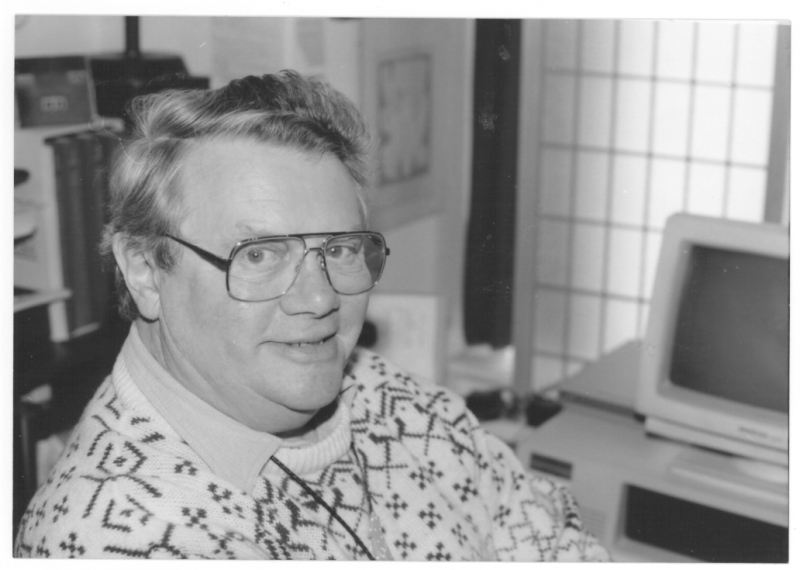
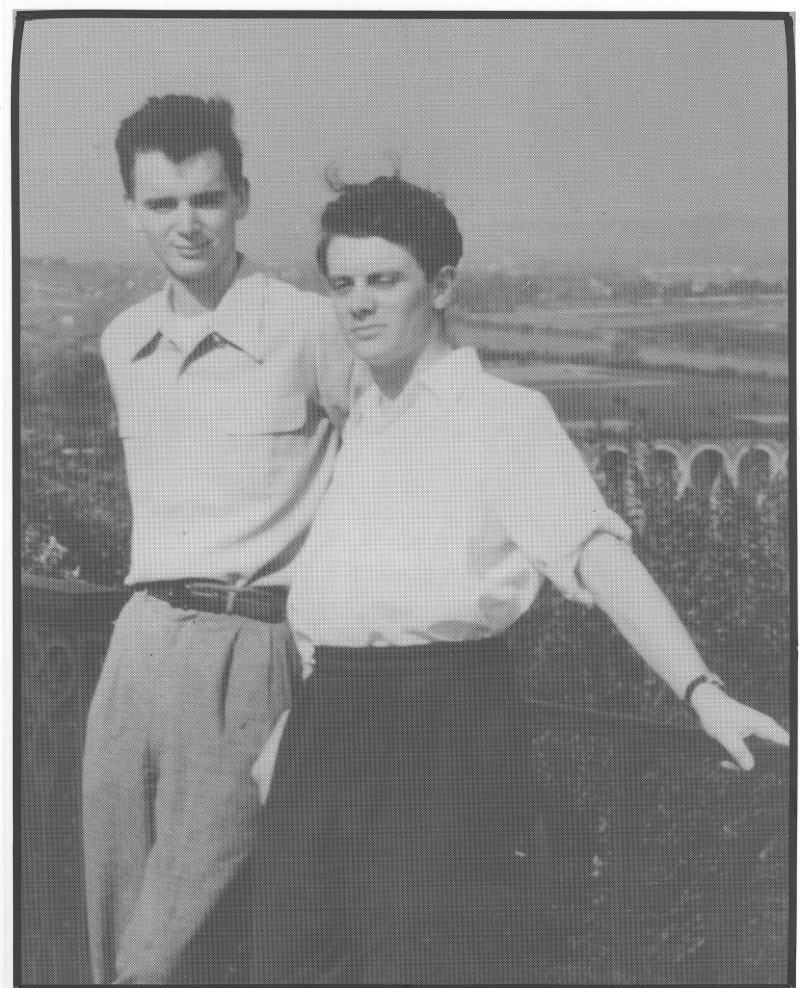

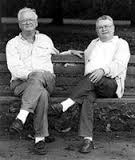


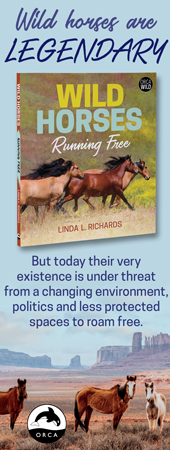
Leave a Reply